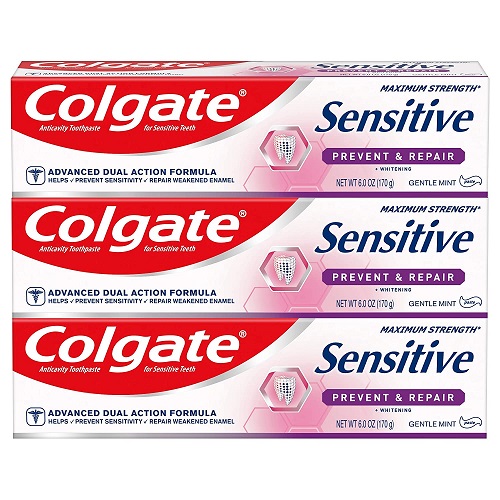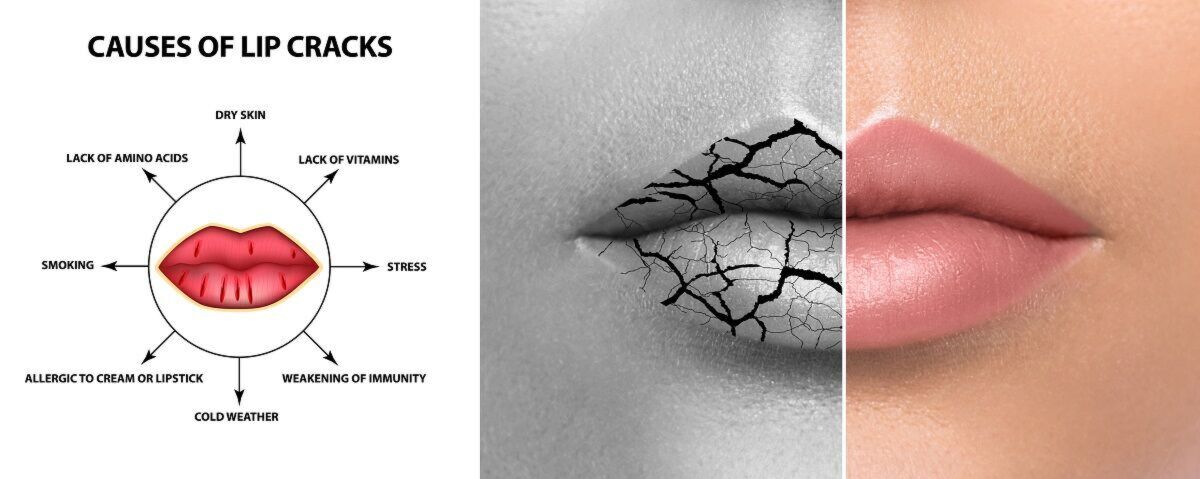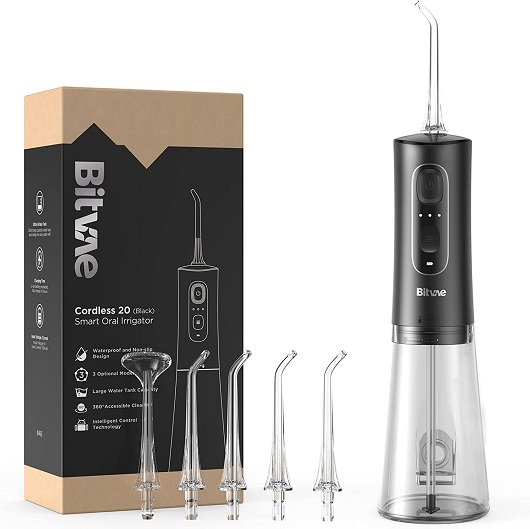Local Storage seems to be disabled in your browser.
For the best experience on our site, be sure to turn on Local Storage in your browser.
Best Oral-Care Advice

Best Oral-Care Advice that You Can Follow:
- Brush your teeth twice a day: It is essential to brush your teeth at least twice a day with fluoride toothpaste. Brushing your teeth helps to remove plaque, bacteria, and food particles that can lead to tooth decay, gum disease, and bad breath.
- Floss daily: Flossing helps to remove plaque and food particles that your toothbrush can't reach. Make sure to floss at least once a day, ideally before bedtime.
- Use mouthwash: Mouthwash helps to freshen your breath and kill bacteria that cause bad breath and gum disease. Use a mouthwash that contains fluoride to help strengthen your teeth.
- Drink plenty of water: Drinking water helps to keep your mouth moist, which is essential for oral health. It also helps to wash away food particles and bacteria that can cause tooth decay and bad breath.
- Avoid sugary and acidic foods: Sugary and acidic foods can erode your tooth enamel and lead to cavities. Limit your intake of sugary and acidic foods and drinks, and brush your teeth after consuming them.
- Visit your dentist regularly: Regular dental check-ups are essential for maintaining good oral health. Your dentist can detect early signs of tooth decay, gum disease, and oral cancer and provide treatment if necessary.
- Quit smoking: Smoking can stain your teeth, cause bad breath, and increase your risk of oral cancer and gum disease. Quitting smoking is one of the best things you can do for your oral health.
By following these oral-care advice, you can maintain good oral health and prevent tooth decay, gum disease, and other oral health problems.
Gum infections, also known as periodontal diseases, can be caused by a variety of factors. Here are some common reasons for gum infections:
- Poor oral hygiene: If you do not brush and floss your teeth regularly, plaque can build up on your teeth and gums, leading to gum inflammation and infection.
- Smoking: Smoking is a significant risk factor for gum disease, as it reduces blood flow to the gums, making them more susceptible to infection.
- Genetics: Some people may be more prone to gum infections due to genetic factors that affect their immune system or the structure of their teeth and gums.
- Hormonal changes: Hormonal changes, such as those that occur during pregnancy or menopause, can increase the risk of gum disease.
- Certain medications: Some medications, such as antihistamines, antidepressants, and certain heart medications, can cause dry mouth, which can increase the risk of gum disease.
- Diabetes: People with diabetes are at higher risk of gum disease because the condition affects the body's ability to fight infections.
- Poor nutrition: A diet that is high in sugar and processed foods can increase the risk of gum disease.
It's important to maintain good oral hygiene, eat a healthy diet, and visit your dentist regularly to prevent gum infections and maintain good oral health.
Bad Breath Treatment Solutions
Bad breath, also known as halitosis, can be an embarrassing and persistent problem. Fortunately, there are several bad breath treatment solutions that can help alleviate this condition. Here are some tips:
- Practice good oral hygiene: Brush your teeth twice a day and floss at least once a day to remove food particles and plaque from your teeth and gums. Use a tongue scraper or a toothbrush to clean your tongue.
- Use mouthwash: Rinse your mouth with an antiseptic mouthwash after brushing and flossing. Mouthwash can help kill bacteria and freshen your breath.
- Drink plenty of water: A dry mouth can contribute to bad breath. Drinking plenty of water throughout the day can help keep your mouth moist and wash away bacteria and food particles.
- Chew sugar-free gum: Chewing gum can help stimulate saliva production, which can help wash away bacteria and food particles.
- Avoid certain foods and drinks: Foods and drinks like garlic, onions, coffee, and alcohol can cause bad breath. Try to limit your consumption of these items.
- Quit smoking: Smoking not only causes bad breath, but it can also lead to gum disease and other oral health problems.
- See a dentist: If your bad breath persists despite your efforts to improve your oral hygiene, see a dentist to rule out any underlying dental problems or gum disease.
Overall, the best way to treat bad breath is to practice good oral hygiene habits and address any underlying health issues that may be contributing to the problem.
Teeth Whitening Options
There are several options for teeth whitening, and the best solution for you will depend on your individual needs and preferences. Here are some of the most popular options:
- In-office teeth whitening: This is the most effective and quickest method of teeth whitening. It involves a professional treatment using strong bleaching agents under controlled conditions. The results can last up to a year, and the treatment can be completed in just one or two visits.
- At-home teeth whitening: This method involves using a teeth whitening kit that includes a custom-fit tray and a bleaching gel. The tray is worn over the teeth for a specified amount of time each day for a few weeks. At-home kits are less expensive than in-office treatments, but may not be as effective.
- Whitening toothpaste: Whitening toothpaste contains mild abrasives and chemicals that help remove surface stains. They are affordable and easy to use, but may not produce significant results.
- Natural remedies: Some people use baking soda, hydrogen peroxide, or activated charcoal to whiten their teeth. These methods are inexpensive but may not be as effective as other options, and can even damage the enamel if not used correctly.
It's important to consult with a dentist before starting any teeth whitening treatment to ensure it is safe for you and will provide the results you desire.



























Comments